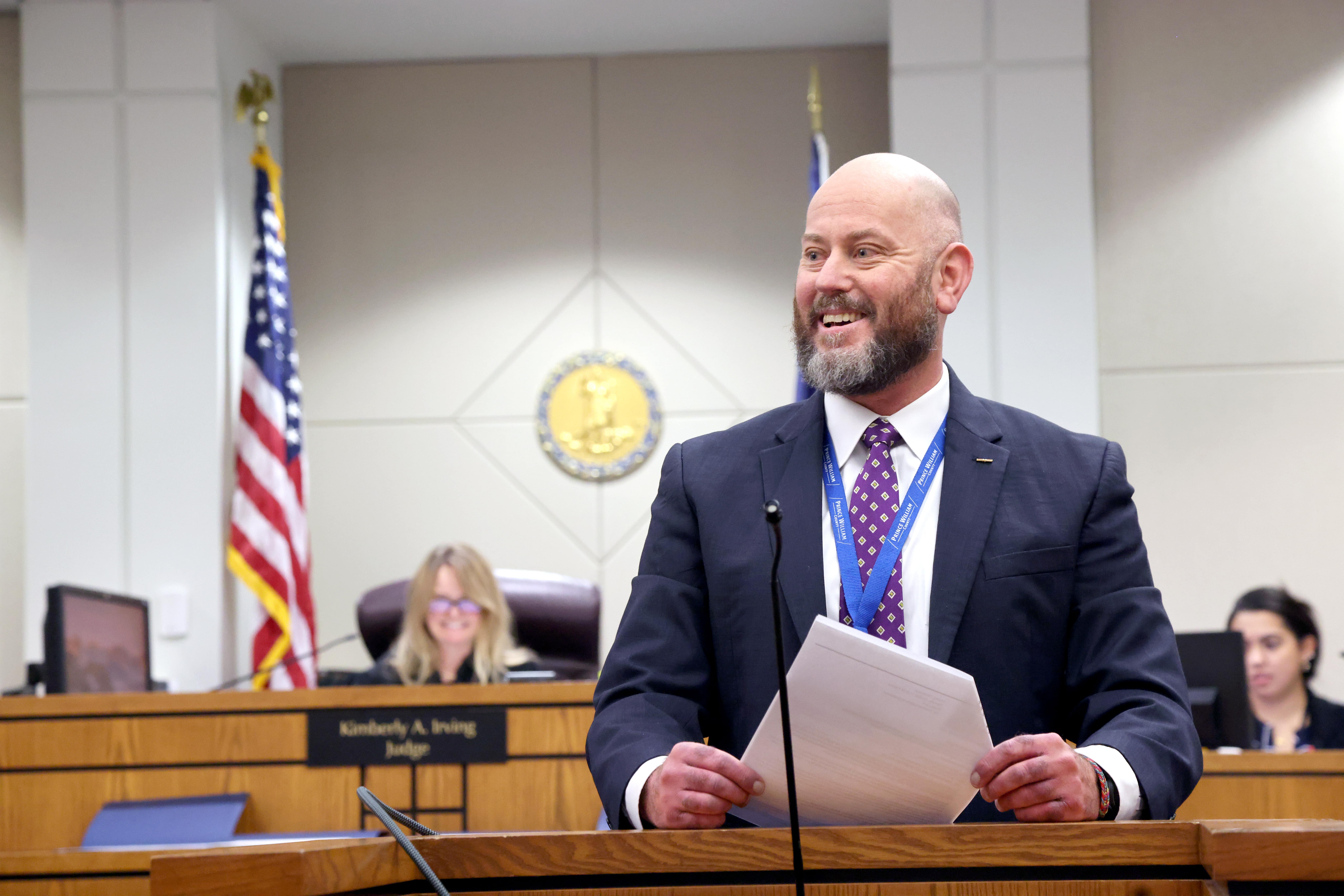Prince William County Adult Drug Recovery Court Graduates Three Participants

The Prince William County Adult Drug Recovery Court recently celebrated with a graduation ceremony honoring three participants who successfully completed the program. The ceremony marked not only their personal victories over substance use, but also their reintegration into the community as contributing members.
This innovative program offers individuals facing felony charges related to substance use disorders the opportunity to avoid incarceration by committing to a rigorous recovery journey. Graduates who meet the program's demanding requirements can have their charges reduced or even dismissed, creating a pathway to a fresh start.
Judges Robert P. Coleman and Kimberly A. Irving of the 31st Judicial Circuit presided over the graduation. Judge Coleman commended the graduates for their commitment and progress.
“Our participants are held accountable bi-weekly in court hearings. They are challenged to seek and maintain employment. They are required to engage in pro-social community activities. They must establish recovery networks and pathways for continued success in order to care for themselves and their colleagues along the way,” said Coleman.
The program, which started in 2022, is a collaboration between the 31st Judicial Circuit Court, the Community Services Board, the Commonwealth Attorney’s Office, the Office of the Public Defender, District 35 Probation and Parole, Criminal Justice Services, the Sheriff’s Office and the Adult Detention Center, as well as the Prince William County, Manassas and Manassas Park police departments.
The program requires participants to transform unlawful behaviors into positive decision-making and functional thinking. It emphasizes stability through secure housing, consistent employment, participation in restorative activities, and building healthy relationships, fostering participants’ reintegration as contributing members of the community.
“Our program is a rigorous one broken down into five structured phases that emphasize decision making, honesty, accountability and candor. Participants receive intensive inpatient and outpatient treatment services as needed, MAT, or Medically Assisted Treatment, intensive individual and group counseling and comprehensive probationary services,” Coleman said. “By confronting substance use head on, our participants identify their triggers for usage. They make substantive life changes. They return to the community as strong, productive and contributing members.”
Coleman congratulated the graduates, emphasizing their perseverance.
“Your ability to overcome obstacles and challenges is a measure of your strength and character as a person. Never be afraid to be who you are, where you came from and where you will soar,” Coleman said.
Louis Quintero, a peer support specialist who went through recovery himself and serves as a facilitator for the program, said he was honored to celebrate the milestone with the graduates.
“You represent the beginning of a new chapter, a chapter filled with hope, resiliency and possibilities,” Quintero said. “There are many pathways to recovery. When you leave here today, I want you to be proud of your accomplishments because I know that this road has not been easy, but look at you now. You have proven that with determination and willingness you can embrace a better future.”
Graduate Ashley Wilson said the program gave her the courage to reclaim her life.
“I had lost control of my life and no matter how badly I wanted to stop, I just couldn’t,” Wilson told the crowd of family, friends, court staff, government officials and staff. “When I asked to be in this program, I was repeatedly reminded of how hard it would be. But it was only going to be hard because I needed to commit to my sobriety. I needed to be all in. No one chooses to be an addict, but you can choose to be clean. I hope my story can help others see that there’s a light at the end of the tunnel.”
People interested in the Adult Drug Recovery Court can contact the acting Adult Recovery Court Coordinator, Christopher Mayers at [email protected].